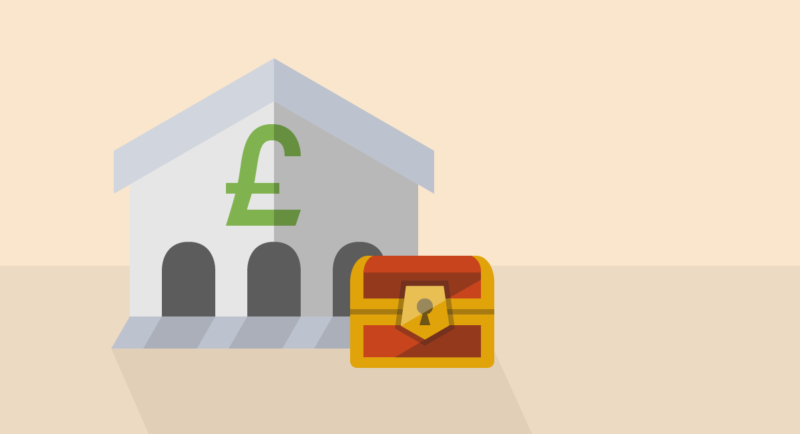Tips to help you find the best value credit card for you.

Keeping a credit card in your wallet makes good financial sense for most people – whether or not you need to borrow money.
If your finances are in good shape, there are a number of good reward and cashback credit cards which will give you a little something back everytime you use them.
And if you need to borrow anything up to £10,000 or even £15,000 – credit cards can be an incredibly cheap way to do it. If you’ve already got a balance on your card and want to cut yourself a bit of slack on the interest, there are now cards that will charge you no interest on transferred balances for as long as over three years.
Here are five steps to getting yourself a card that's right for you.
-
1
Borrower or spender?
First of all, you need to be clear on what you’re getting a credit card for. If you don’t already have a credit card, and you’re looking for a cost efficient way to borrow some money, then you’ll need to hunt down a card that charges 0% on purchases.
If you’ve got a balance on an existing card and want to put the brakes on the interest building up, you need to hunt down a 0% balance transfer card. And if you’re just looking to get back a little something each time you go shopping, you need to search for a cashback or reward card.
-
2
Find out who treats their customers well
Before you head off to compare the different cards available in the market, take a look at the Fairer Finance credit card tables. This will tell you which companies are best at looking after their customers, and which have some work to do.
-
3
Compare cards
Once you’re armed with information on which companies to avoid, it’s worth heading to the Fairer Finance credit card tables, and to the websites of providers, for more details.
-
4
Check your credit status
One of the pitfalls of applying for a credit card is that every application leaves a mark on your credit file. So if you’re turned down by a few companies in a row, it can start to make it less likely that you’ll be accepted by the next one.
For that reason, it’s best to try and get an idea as to whether you’ll be accepted before you apply. Some comparison sites ask you a few questions to help direct you towards cards that you are more likely to be accepted for.
Certain providers allow you to “pre-apply”, otherwise known as an eligibility check or 'soft search'. This will give you an indication as to whether the credit card company is likely to accept you, without having to leave a mark on your file.
-
5
Don’t miss a payment
Whether you’re borrowing money for the long-term, or aiming to pay your balance off every month, it’s important that you don’t miss a payment. If you’re on a special deal such as a 0% balance transfer or 0% purchases offer, you could lose the whole deal if you miss a single payment.
And if you normally pay your balance off in full every month, a missed payment means that you end up being charged interest on your month’s spending. You’ll also be hit with a £12 charge.



